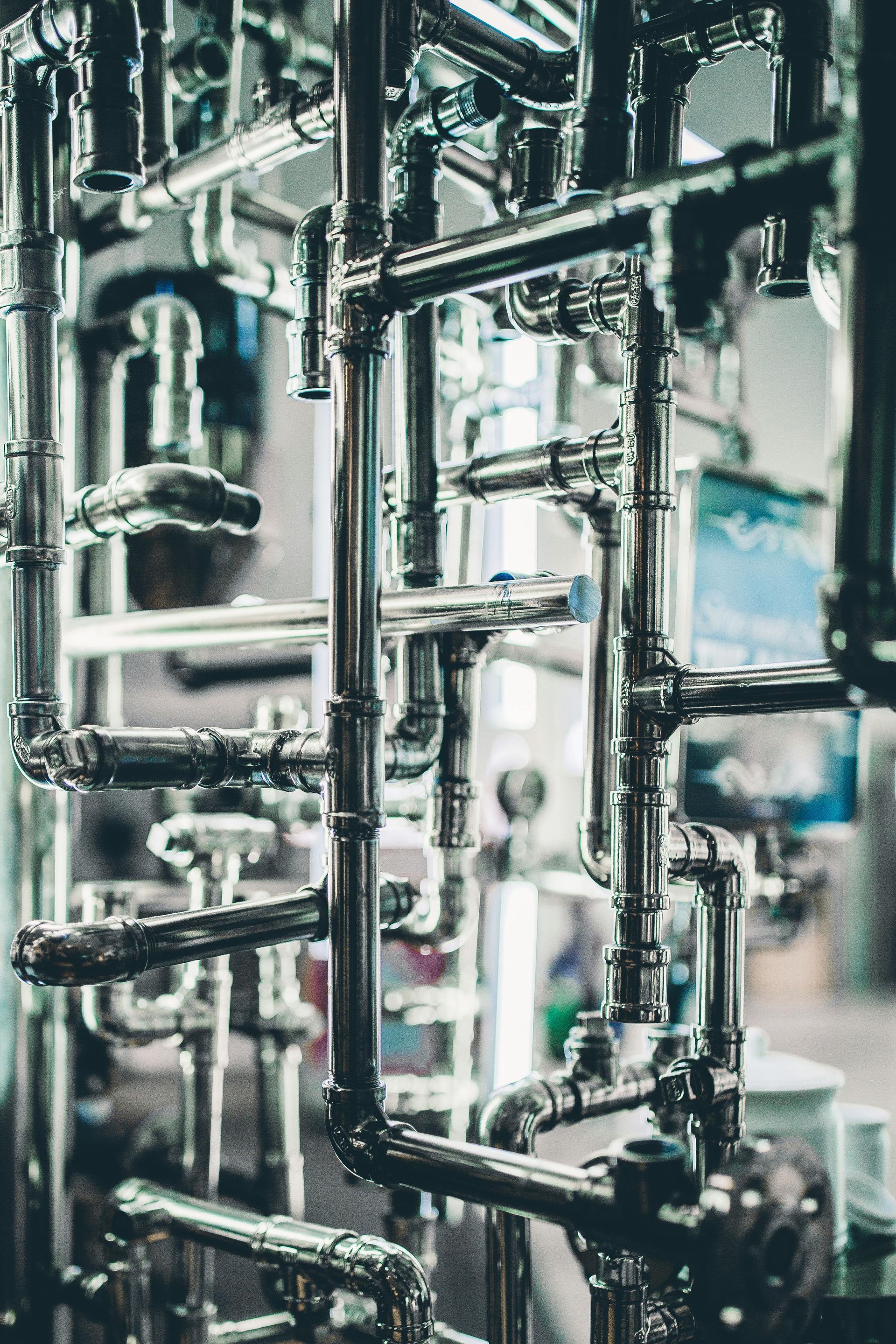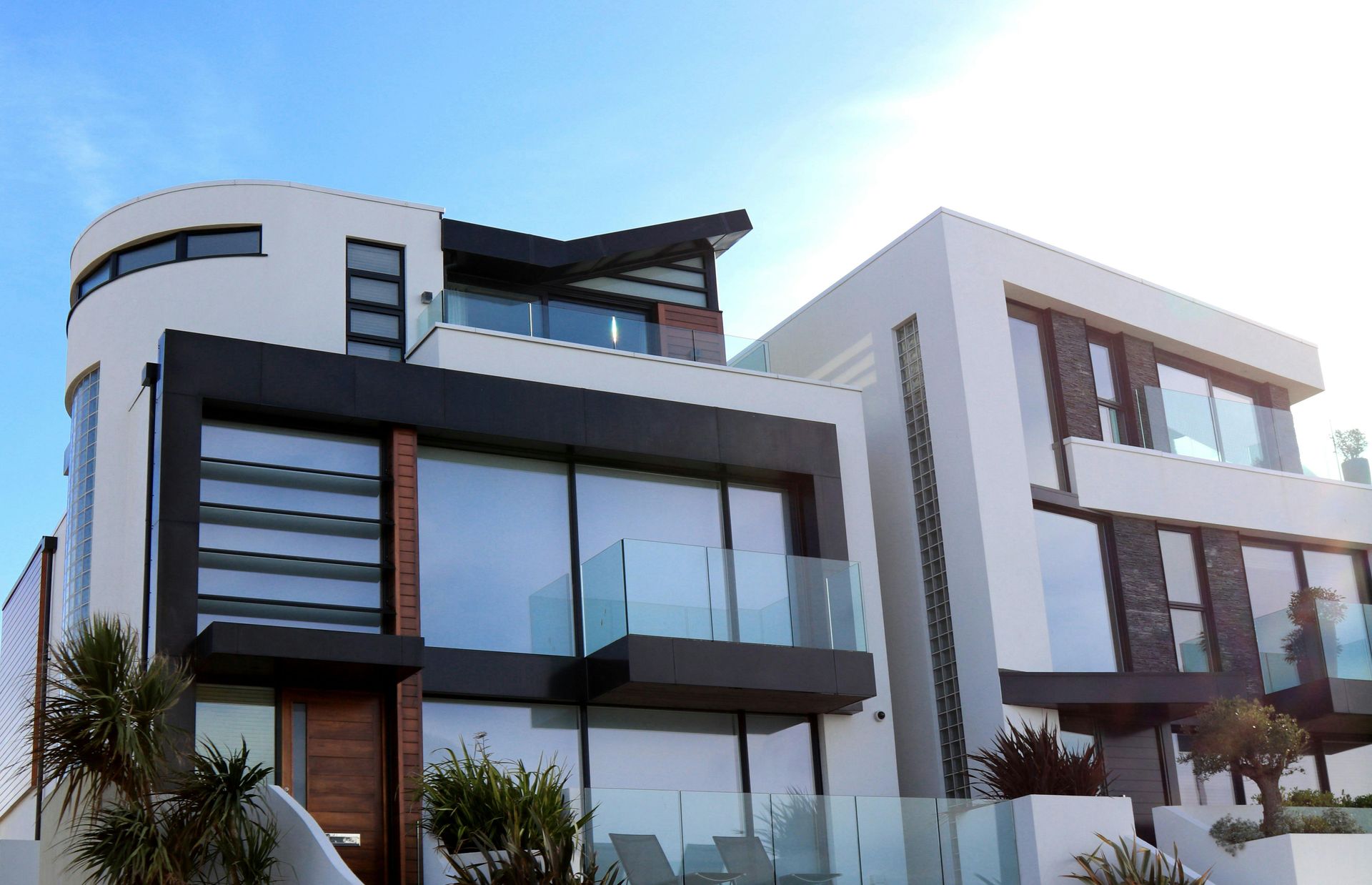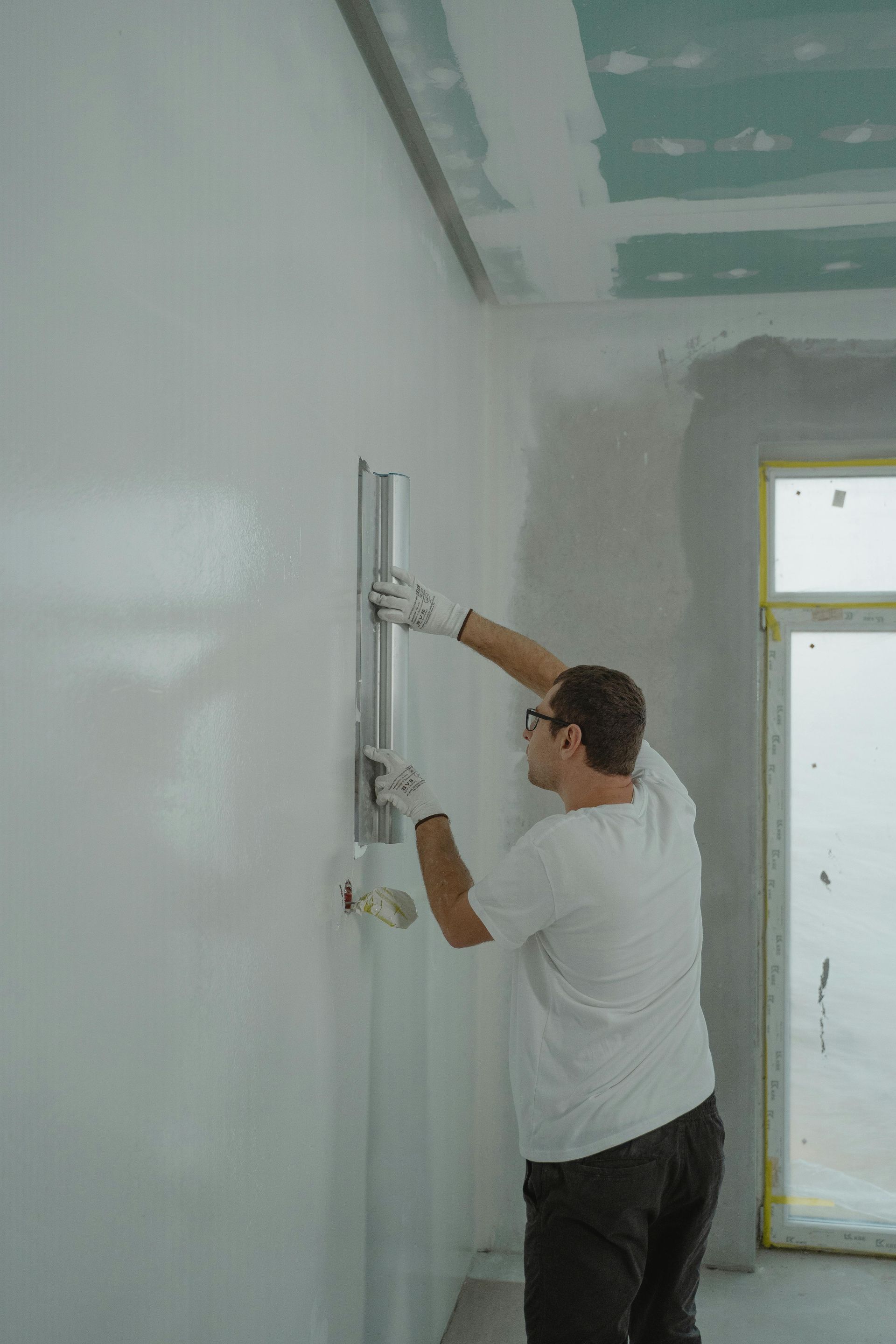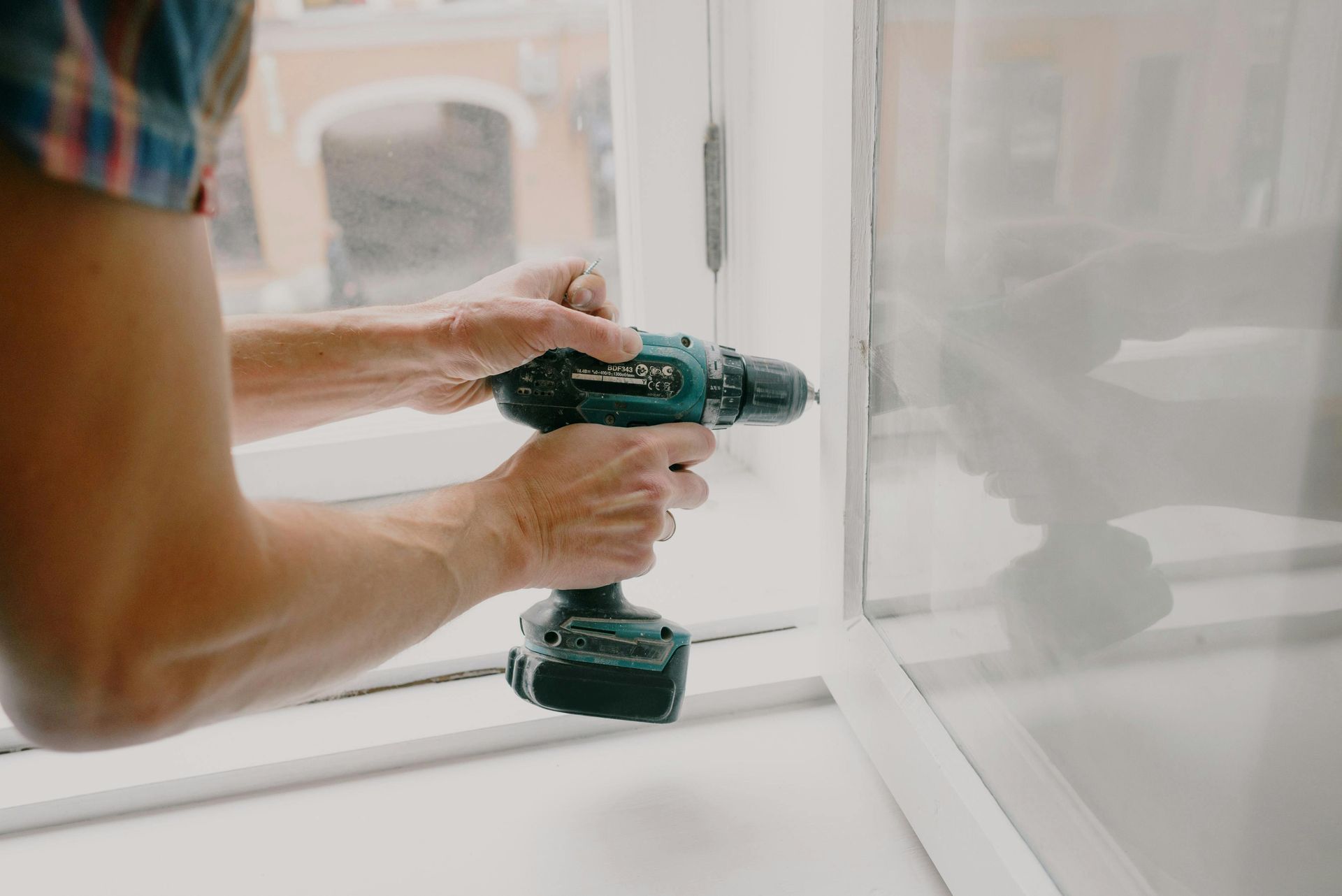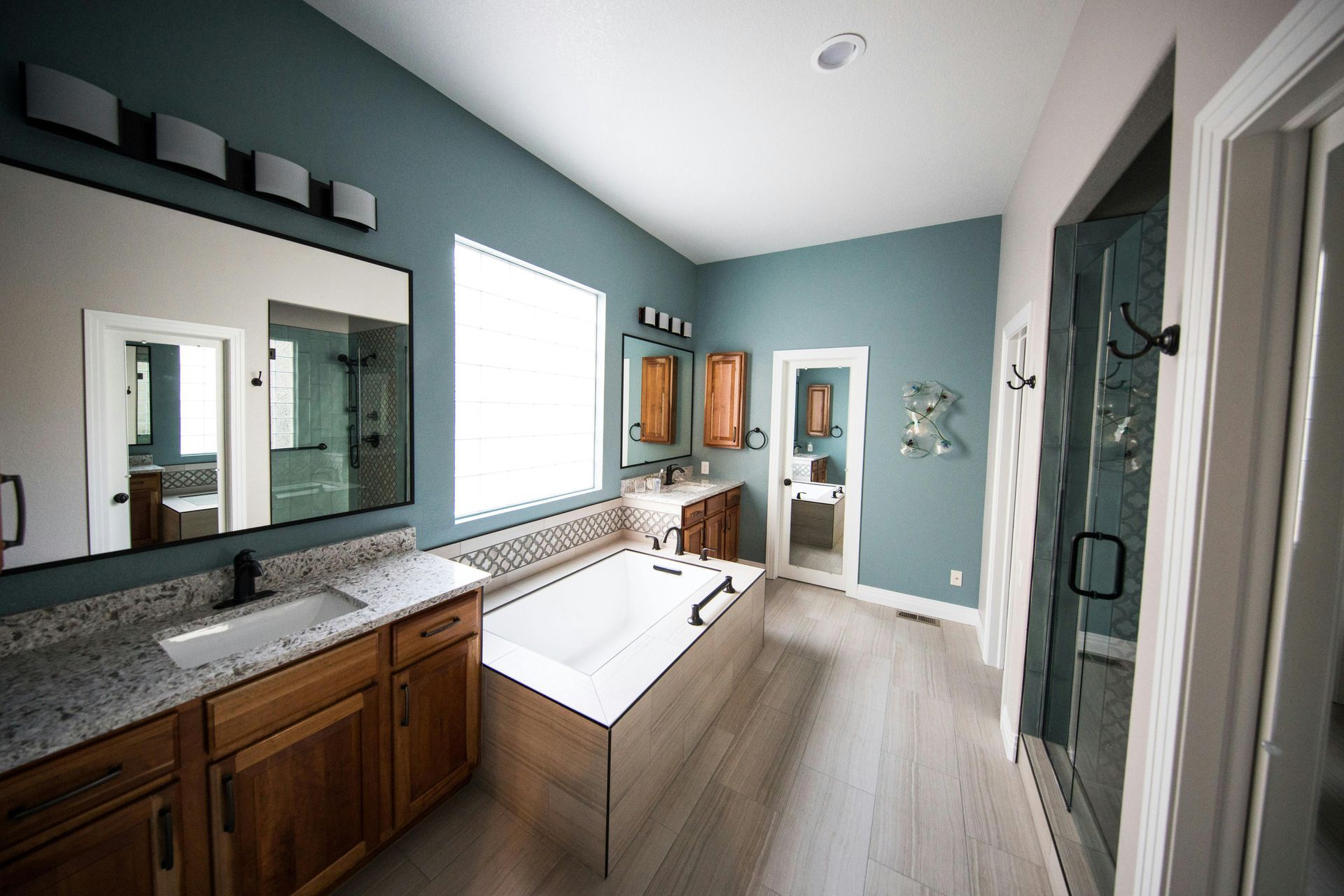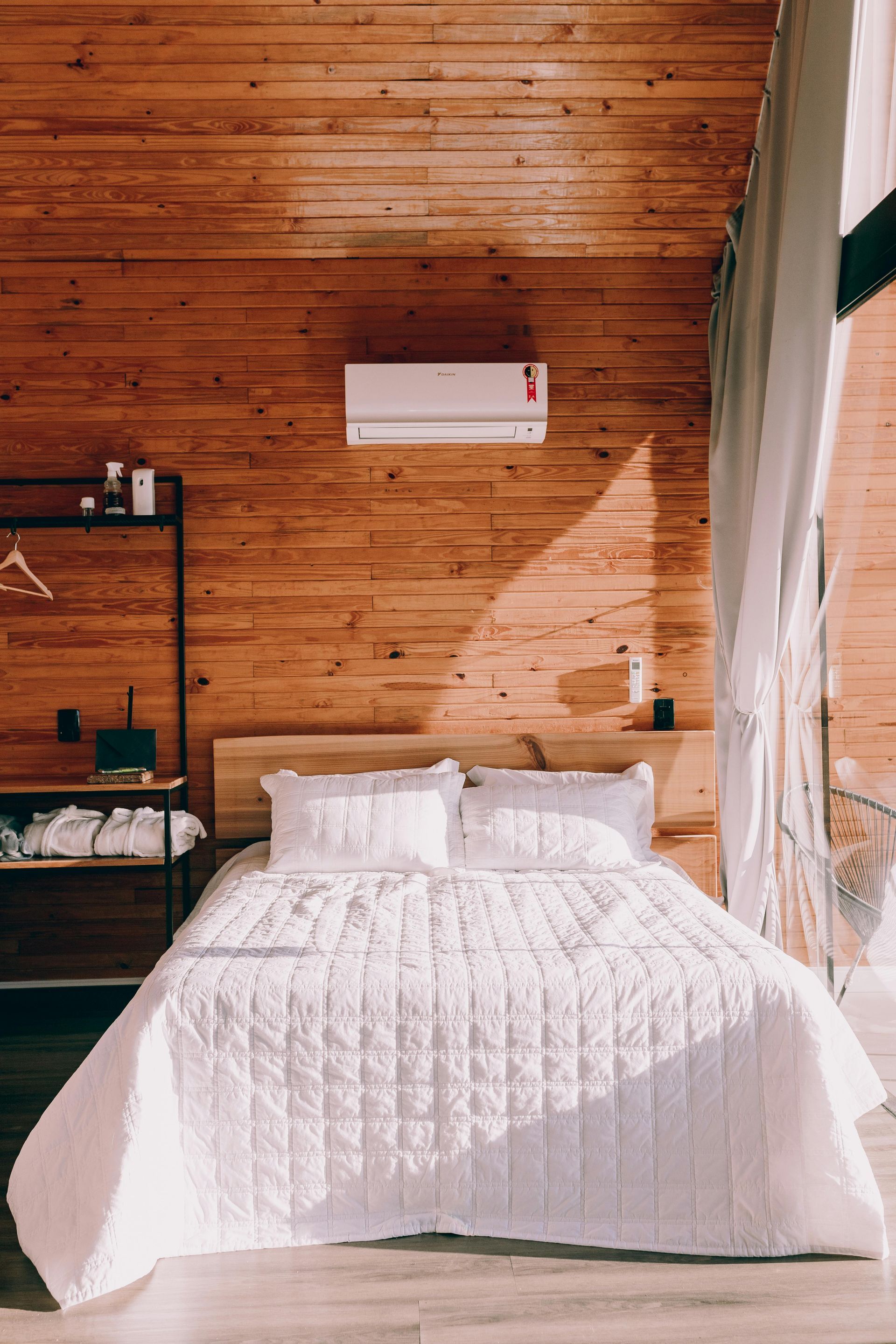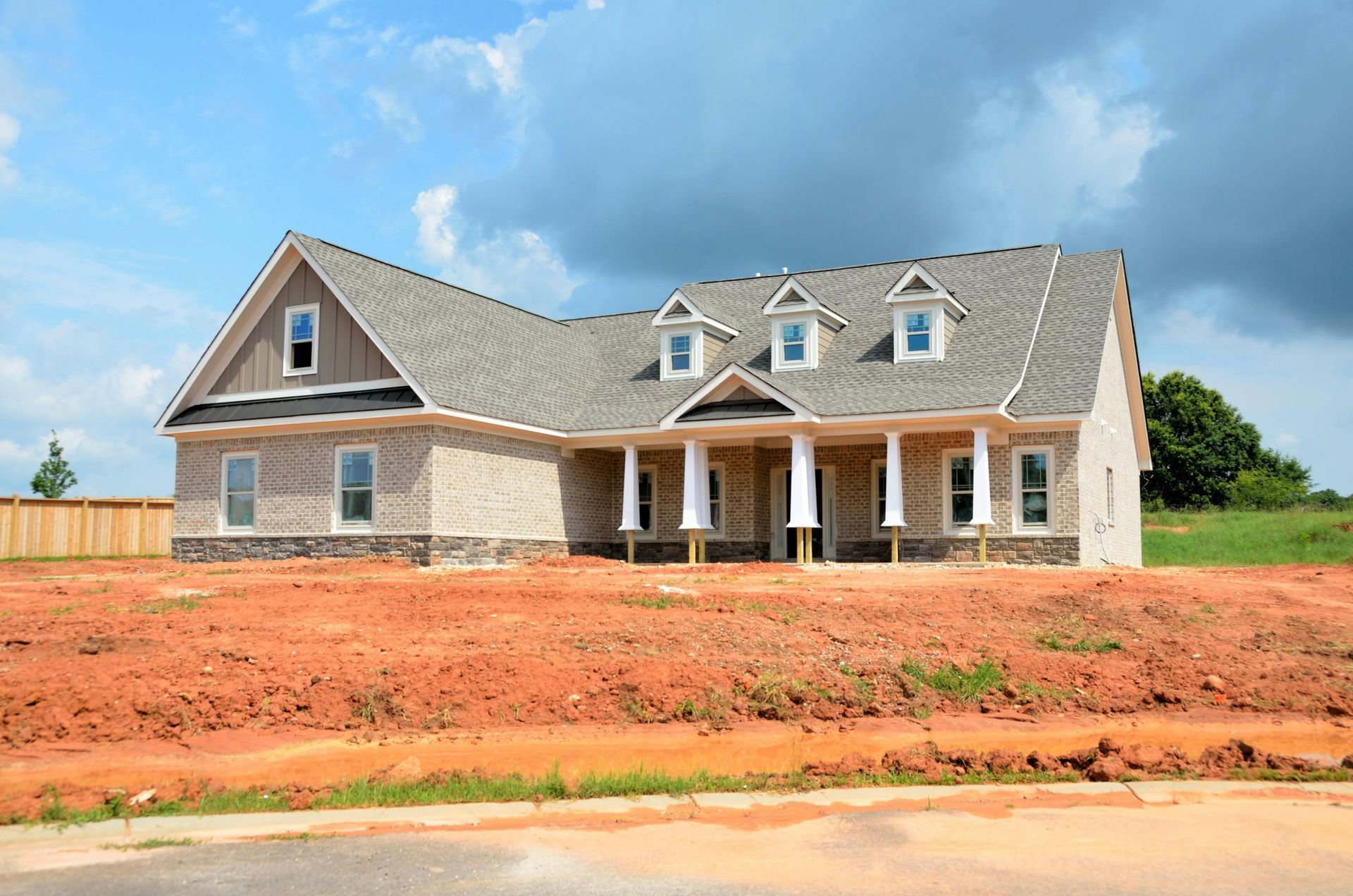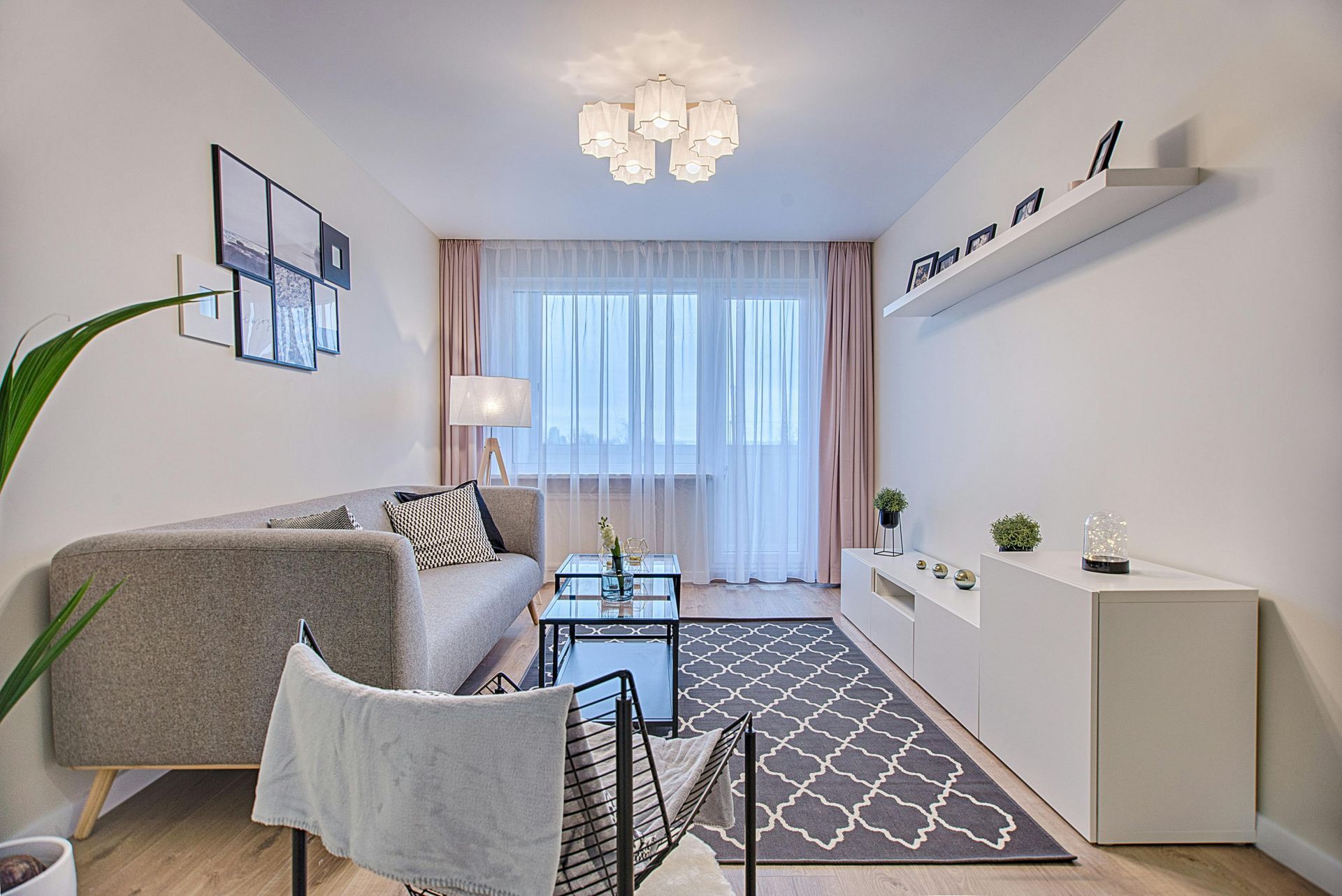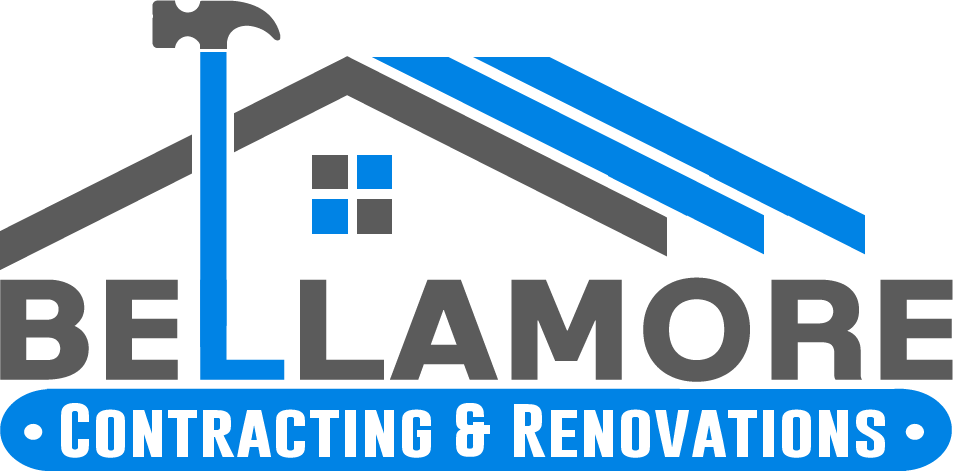Licensed (#RBC-21-01654) & Insured
Local References Available Upon Request
Licensed (#RBC-21-01654) & Insured | Local References Available Upon Request
Transform Your Bathroom with a Shower-to-Tub Upgrade
A bathroom should be more than just a functional space; it should be a retreat, a place to unwind and recharge. As homeowners seek ways to enhance comfort and relaxation, shower-to-tub conversions have become an increasingly popular choice. Replacing a shower with a bathtub not only improves the aesthetic appeal of a bathroom but also provides a luxurious escape from daily stress.
Bathtubs offer therapeutic benefits that showers simply cannot match. Whether it’s soaking in warm water to relieve sore muscles or indulging in a spa-like experience, a bathtub creates a sense of tranquility within the home. Beyond personal comfort, adding a bathtub can increase a property’s resale value, making it an attractive feature for potential buyers. Families with young children often prioritize homes with bathtubs, and homeowners looking to age in place may find a tub with accessible features beneficial in the long run.
Benefits of a Shower-to-Tub Conversion
A shower-to-tub conversion offers a range of advantages, both functional and aesthetic. The most compelling reason homeowners opt for this transformation is the ability to create a bathroom that enhances daily routines while improving overall well-being.
A bathtub provides unmatched relaxation, offering a soothing way to unwind at the end of the day. With options such as jetted tubs, deep soaking tubs, and air baths, homeowners can turn their bathroom into a personal wellness retreat. The physical benefits of hydrotherapy—such as improved circulation, muscle relaxation, and stress relief—make this investment worthwhile.
For families, having a bathtub can be a necessity. Children often require a tub for bath time, and without one, their hygiene routine can become inconvenient. A bathtub also adds value for future homebuyers who may have families or anticipate needing one for accessibility reasons.
Another major benefit of a shower-to-tub conversion is the versatility it provides. Modern bathtubs are designed to fit a variety of bathroom layouts, from spacious master bathrooms to compact guest baths. Homeowners can select a tub style that complements their space while ensuring it meets their functional needs.
Choosing the Right Bathtub for Your Space
Selecting the right bathtub is an essential step in a shower-to-tub conversion. The size of the bathroom, the homeowner’s lifestyle, and the overall design aesthetic all play a role in determining which type of tub is best suited for the space.
Freestanding tubs are an excellent option for those with larger bathrooms. These tubs create a striking visual centerpiece while offering a luxurious bathing experience. With sleek and modern designs, freestanding tubs make a statement and bring a sense of elegance to any bathroom.
Alcove tubs are a great choice for homeowners working with limited space. These tubs fit snugly into an existing nook, making them an efficient and practical option for smaller bathrooms. Their built-in nature allows for easy installation, and they seamlessly integrate with tile walls or a tub surround for a polished look.
Drop-in tubs offer customization opportunities by allowing homeowners to design the surrounding deck to match their bathroom’s aesthetic. These tubs provide a refined and seamless look, perfect for those who want a built-in option with added flexibility in design.
Soaking tubs and jetted tubs elevate the bathing experience by offering deeper basins for full immersion or hydrotherapy features for added relaxation. Soaking tubs provide a minimalist and spa-like feel, while jetted tubs offer therapeutic benefits by massaging sore muscles with targeted jets.
Key Considerations Before Converting Your Shower
A shower-to-tub conversion is a transformative upgrade, but planning ahead is key to ensuring a successful outcome. Before making the switch, homeowners should consider the size and layout of their bathroom. Not every space can accommodate a large freestanding tub, so it’s important to evaluate measurements and determine which bathtub style fits best.
Plumbing adjustments may be required, as showers and tubs have different water supply and drainage needs. Consulting with a professional can help homeowners understand what modifications are necessary for a smooth transition.
Material selection is another important factor. Acrylic tubs are lightweight, durable, and budget-friendly, while cast iron tubs provide a timeless, high-end appeal but require additional floor support due to their weight. Stone resin and fiberglass tubs offer modern alternatives that balance style and functionality.
For those considering aging in place, accessibility features like grab bars, step-in designs, and slip-resistant surfaces should be factored into the remodel. These additions ensure that the tub remains a safe and practical feature for years to come.
The Shower-to-Tub Conversion Process
A well-planned conversion process ensures a smooth transition from a shower to a bathtub. It begins with an initial consultation to assess the space, discuss design preferences, and determine feasibility. Homeowners work closely with professionals to select the right bathtub style, materials, and additional features that align with their needs.
The demolition and removal phase involves safely taking out the existing shower, preparing the plumbing, and ensuring the area is structurally sound for the new installation. Once the space is prepped, plumbing modifications are made to accommodate the new tub. This includes adjusting water supply lines, drainage, and ensuring proper waterproofing to prevent leaks.
Once the tub is securely installed, the finishing touches bring the remodel together. Tile surrounds, stylish fixtures, and modern hardware enhance the overall aesthetic of the new space. The final step involves a thorough inspection to ensure everything is functioning properly and meets quality standards.
Cost Considerations and Return on Investment
A shower-to-tub conversion varies in cost based on factors such as the type of bathtub selected, materials used, and plumbing modifications required. While the investment can range from moderate to high, the long-term value it brings to a home makes it a worthwhile expenditure.
Comparing the cost of a conversion to a full bathroom remodel highlights its affordability. Instead of overhauling an entire bathroom, this targeted upgrade provides significant impact at a fraction of the cost. Homeowners can achieve a refreshed and luxurious space without the extensive timeline and expenses associated with a complete renovation.
Long-term value is another advantage. A well-executed conversion increases a home’s market appeal and potential resale value. Buyers often look for homes with versatile bathroom features, making a bathtub a desirable selling point.
Design Inspiration for Your New Tub
A shower-to-tub conversion provides an opportunity to revamp the entire bathroom aesthetic. Design inspiration can come from a variety of styles, from modern and sleek to classic and timeless.
For a minimalist approach, a freestanding soaking tub paired with neutral tones, clean lines, and subtle textures creates a spa-like retreat. Adding elements like natural wood vanities and matte black fixtures can enhance the calming ambiance.
Vintage-inspired clawfoot tubs bring charm and character to a bathroom, offering an elegant and timeless design. Paired with traditional wainscoting, subway tiles, and antique brass fixtures, this look exudes warmth and sophistication.
For those who prefer a contemporary aesthetic, a built-in tub with sleek tile surrounds, glass enclosures, and integrated lighting provides a streamlined and functional space.
Compact and efficient layouts benefit from alcove tubs with built-in storage solutions, maximizing every inch of the bathroom. Choosing a light color palette and reflective surfaces can make the space feel more open and airy.
Is a Shower-to-Tub Conversion Right for You?
This transformation is ideal for homeowners looking to add relaxation and versatility to their bathroom. Those who enjoy long, soothing baths or want to increase their home’s resale potential will benefit most from this upgrade. Families with young children, individuals seeking hydrotherapy options, and those looking to create a more luxurious space will find a shower-to-tub conversion to be a valuable investment.
Consulting with professionals ensures that the remodel meets functional, aesthetic, and safety needs. Working with a trusted contractor guarantees quality workmanship and a seamless transition.
Elevate Your Bathroom with a Shower-to-Tub Conversion
Converting a shower into a bathtub is more than just a home improvement project—it’s an investment in comfort, relaxation, and long-term value. Whether the goal is to create a spa-like retreat, add functionality for a growing family, or boost a home’s resale appeal, a shower-to-tub conversion is a stylish and practical solution.
Bellamore Contracting & Renovations specializes in transforming bathrooms with expert craftsmanship and personalized design solutions. If you’re ready to bring your vision to life, contact our team today and take the first step toward creating a bathroom that truly enhances your home.
